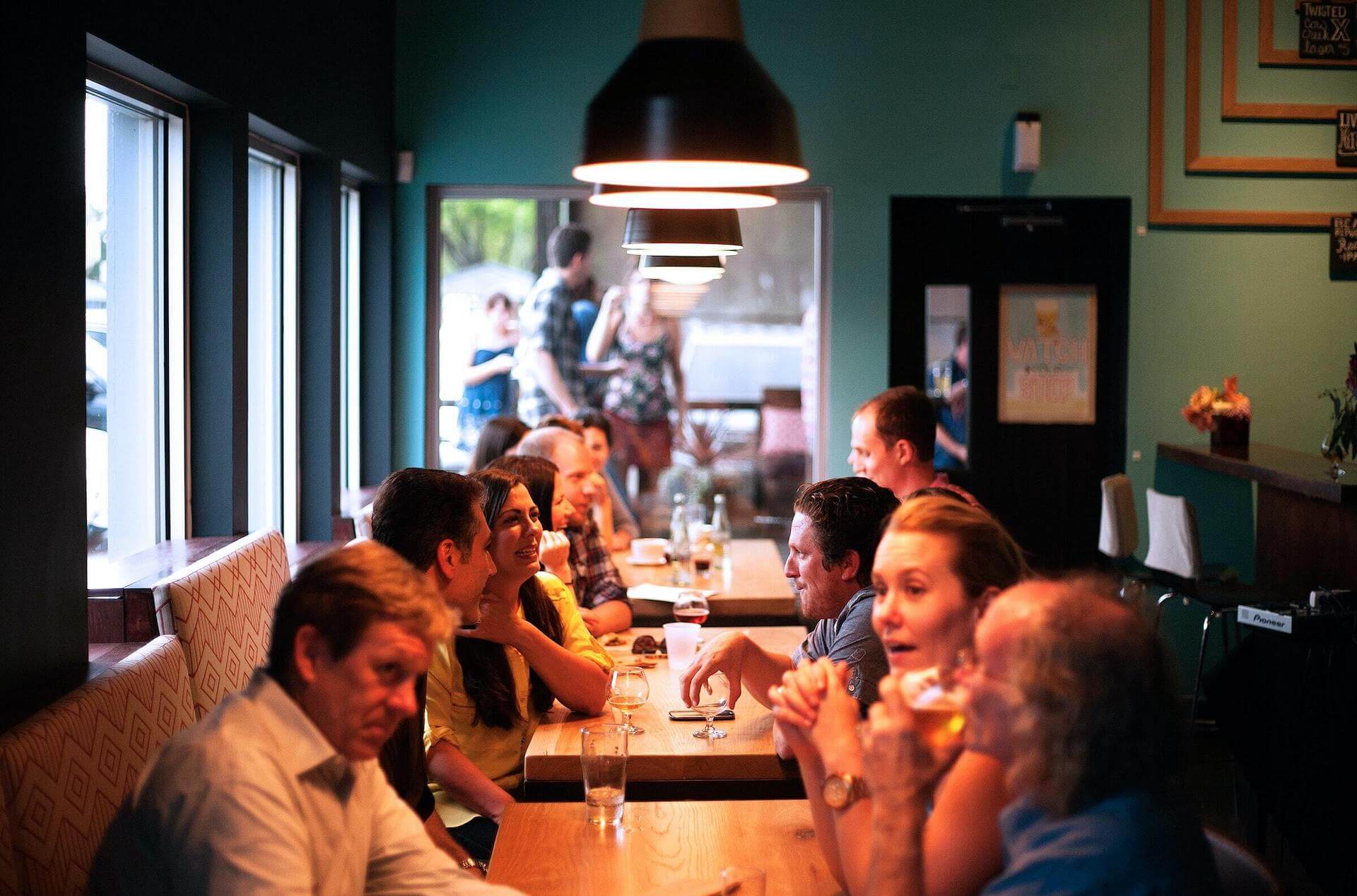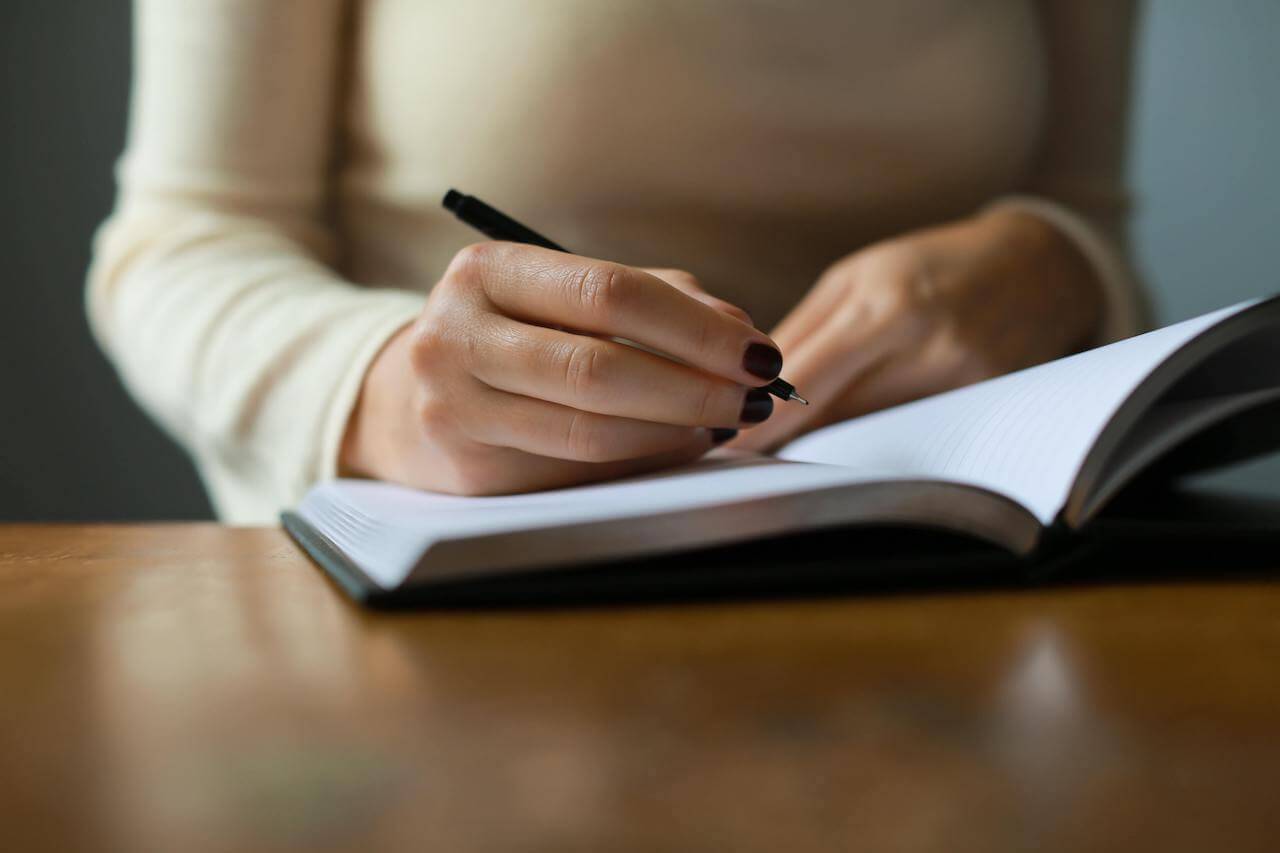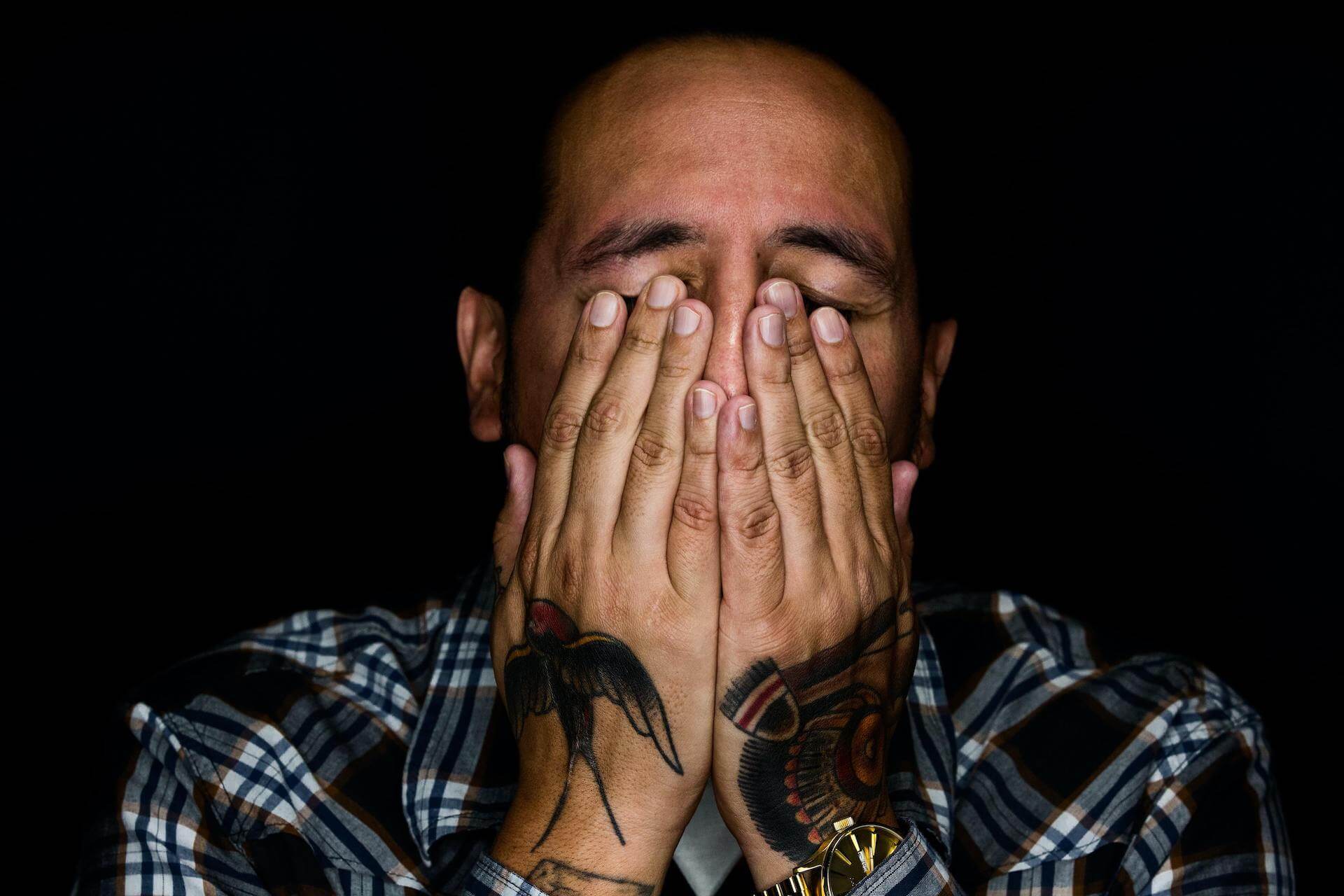The earlier you start drinking, the more stress-induced drinking you may have later, according to a new study. The total amount of alcohol consumption was examined, and not number of “drinking days”. This is because total amount of consumption is more of an indicator of stress-induced drinking. Stressful life events caused increased drinking, while normal day-to-day hassles did not.
ScienceDaily (2011-03-15) — Researchers believe that an early age at first drink (AFD) may lead to greater stress-induced drinking. A new study examines interactions between AFD and stressful life events on drinking during young adulthood. Findings indicate a strong link between an early AFD and later heavy drinking when confronted by a high load of stressful life events.
“Blomeyer and her colleagues examined participants drawn from the ongoing Mannheim Study of Children at Risk, a longitudinal study of the outcome of early risk factors from infancy into young adulthood. For this study, 306 participants (166 females, 140 males) were asked about their AFD, stressful life events during the preceding three years, daily hassles in the preceding month, and drinking behaviors at 22 years of age. Participants were also asked about amount of alcohol consumed, and drinking frequency/drinking days, in the preceding month. Given that the researchers regularly assessed the participants during adolescence, their responses were assumed to be more reliable than those of an adult sample looking back in time.”
“‘We found that the impact of stressful life events on drinking behavior depends on the age at first drink,’ said Blomeyer. ‘The earliest AFD in our sample was eight years; about half of the study participants had initiated alcohol drinking before they were 14 years old. The earlier they start with alcohol use, the stronger the association between life stress and drinking in young adults. We found this interaction effect only for the variable ‘total amount of alcohol,’ not for the number of drinking days. This fits to the pattern of stress-related drinking, which is characterized by a higher number of drinks, and not so much by frequent drinking.'”
“‘This relationship seemed to occur only when individuals suffered from stressful life events such as severe job problems,’ noted Spanagel, ‘but not after daily hassles that produce an everyday stress load.'”
http://www.sciencedaily.com/releases/2011/03/110315163205.htm





